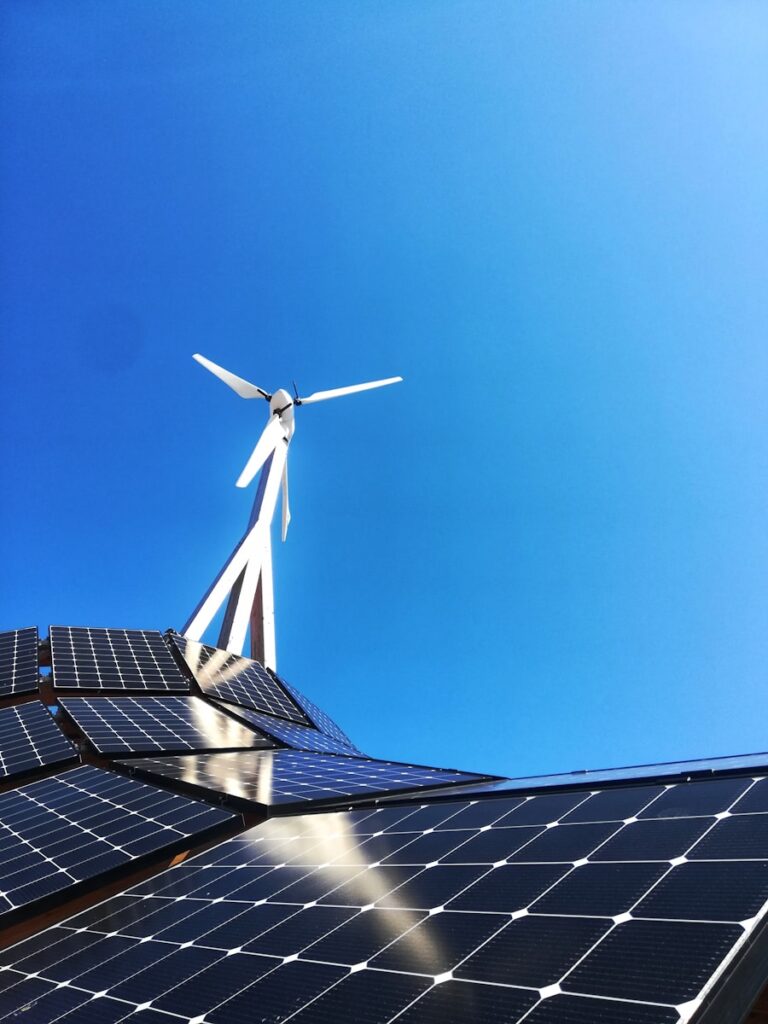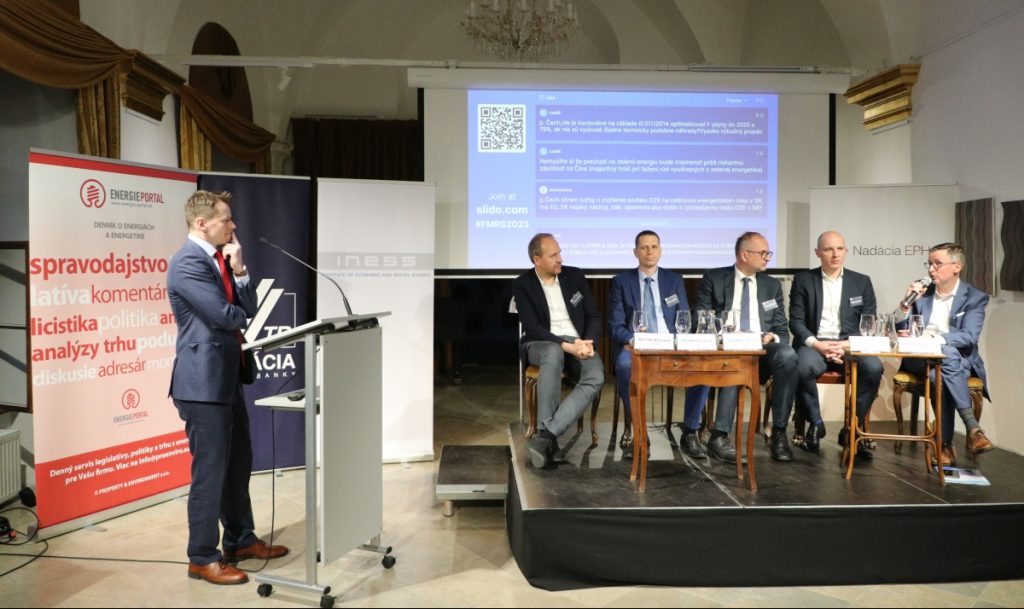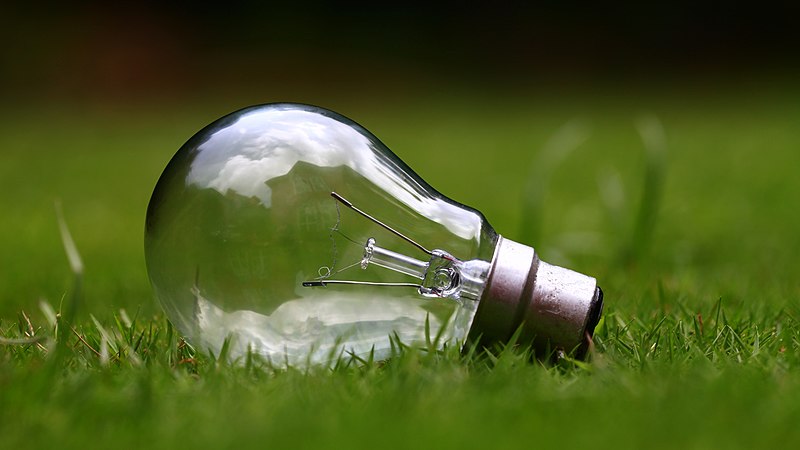
2025 – Year of Challenges and Uncertainty: MEMU Team’s Perspective
2025 became another year of war, resilience, and adaptation for Ukraine. Russia\'s full-scale war against Ukraine continued and resulted in territorial losses, destruction of energy facilities, and other critical infrastructure, including railways and seaports. Therefore, according to IER estimates, real GDP grew by approximately 2%.










